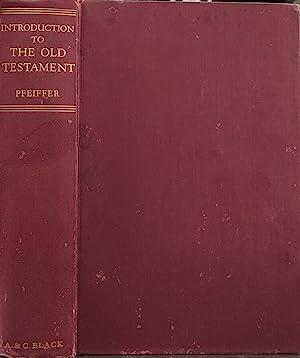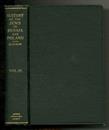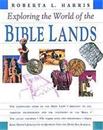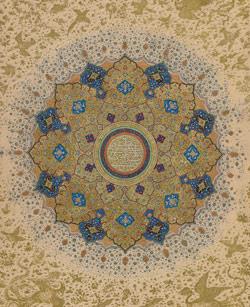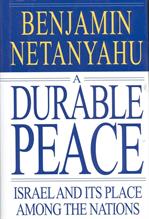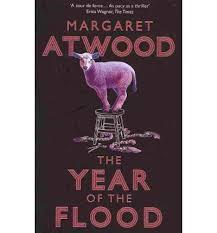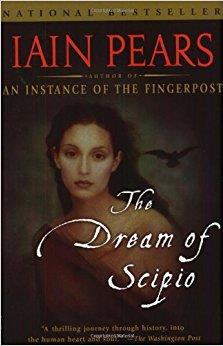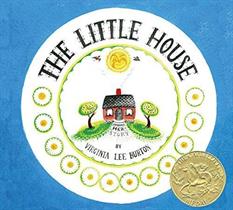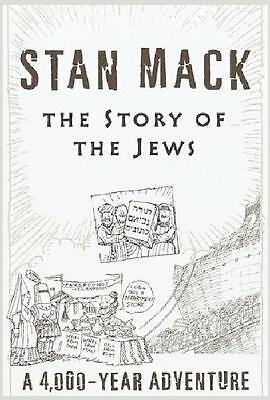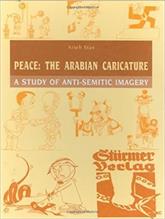

In his new book, Peace: The Arabian Caricature, Arieh Stav examines the anti-Semitic caricatures and illustrations of the medieval Christian Church, the Nazis, and especially the modern Arab world's graphic anti-Jewish and anti-Israel depictions.
Stav explains that although "caricature as a graphical depiction... goes back to the dawn of drawing... anti-Semitic caricature is the only type that derives its contents from a unique and disturbing synthesis of theological, moral, racial, social and political negation. It is not directed at individuals, but rather at the entire Jewish people." Put bluntly, "anti-Semitic caricature, like the yellow-patch, is intended to attach the mark of Cain on the brow of the Jew."
Though the images in Stav's book do not tell the whole story, they do paint a grisly picture of Arab attitudes towards peace with Israel. What should the Israeli response be? The answer, like the outcome of the peace process, is unclear. Arieh Stav is the Director of the Ariel Center for Policy Research in Tel Aviv, a non-partisan organization devoted to inclusive research and discussion of political and strategic issues concerning Israel and the Jewish people. Stav is also the editor of Nativ, a bi-monthly periodical on politics and the arts

